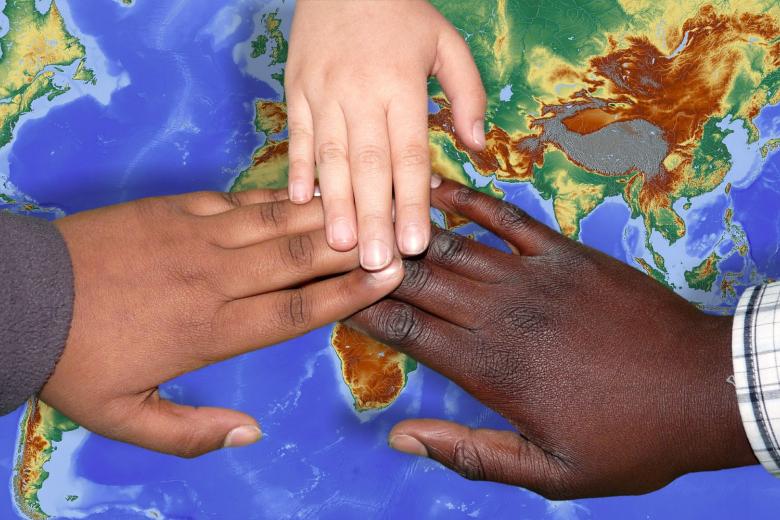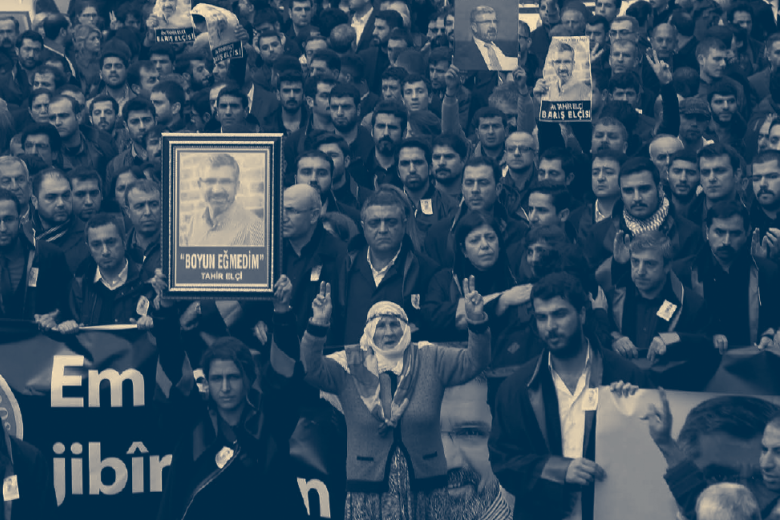Sexual and reproductive health rights: Trump’s decree and the Dutch response
This contribution argues that the Trump decree to end US financial support for health organisations which provide information about sexual and reproductive health rights is contrary to human rights. The response by the Dutch government is more in line with human rights.
One of the first acts of US President Donald Trump was an executive order which immediately ends US financial support for (international) health organisations which provide services, information, counselling and advice on referrals about sexual and reproductive health rights in developing countries. This is a well-known recurring issue whenever a new US administration of a different political colour takes power. A similar decision was taken by President George W. Bush when he took power in 2001. President Obama lifted the ban in 2009. The policy decision by Trump affects not only abortion issues, but has a much broader scope. It also includes programs for fighting venereal diseases, Malaria, Zika and Ebola. In popular language the decision is called the ‘Global Gag Rule’, because it entails a prohibition on information about abortion on a global scale.
The decree touches upon human rights issues as well. The right to sexual and reproductive health is a component of the right to health included in Article 12 International Covenant on Economic, Social and Cultural Rights (ICESCR). In its General Comment no. 22 (2016) the UN Committee on Economic, Social and Cultural Rights has said that the right to sexual and reproductive health entails the freedom to make free and informed decisions over matters concerning one’s body and sexual and reproductive health. It also entails an entitlement to unhindered access to health facilities, services, goods and information on sexual and reproductive health issues. It is clear that as a result of Trump’s decision women in developing countries will be at risk. The expectation is that as a consequence of the decree the total number of abortions will not decrease, but instead lead to irresponsible and unsafe abortions, a rise in maternal mortality and undesired pregnancies.
The USA is not a State Party to the ICESCR. However, it has signed this treaty. According to Article 18 Vienna Convention on the Law of Treaties signature entails an obligation to refrain from acts which would defeat the object and purpose of a treaty. One could argue that a sudden decision to stop the existing funding of organisations is a retrogressive measure which is contrary to the object and purpose of the treaty. The latter can be defined as the progressive realisation of social, economic and cultural rights by all appropriate means, including international assistance and cooperation (Article 2(1)). In this respect it is also important to note that the US has approved of the UN Sustainable Development Goals (SDGs) which were adopted by the UN General Assembly in September 2015. Goal no. 3 entails, inter alia, a commitment by States to ensure, by 2030, universal access to sexual and reproductive health-care services, including for family planning, information and education. The executive order by President Trump is clearly at odds with the SDG commitment of the US.
Interestingly, the Trump measure has led to a direct and strong reaction by the Netherlands government. Secretary Ploumen (International Trade and Development Cooperation) has clearly rejected Trump’s decision. She immediately took action to counter the effects of the US measure. She started an initiative to create a Global Fund aimed at collecting 600 million dollar to fill the financial gap created by the Trump decision. She has launched a call to potential donors (governmental and non-state actors) to obtain the funding that is needed to maintain the sexual and reproductive health rights programs in developing countries (see shedecides). The Netherlands have donated € 10 million. So far positive reactions have already been received from the governments of Brazil, Rwanda, Canada and Belgium and many non-governmental organisations. The question may be raised whether The Netherlands thinks it has an extraterritorial human rights obligation to step in by creating this Global Fund. Probably not, because Western governments are reluctant to accept that they have resource-intensive human rights obligations in the field of development cooperation. However, it is clear that the Netherlands government has taken its responsibility to make sure that the freedom to choose of women in matters of family planning is respected and safe abortions are guaranteed. It is to be hoped that the EU and its member states are able to speak with one voice and support the Netherlands initiative.
Image: Ministry of Foreign Affairs, Lilianne Ploumen visits Jordan. Adapt humanitarian aid to new reality.
Published on Law Blogs Maastricht
A.P.M. Coomans
Prof Fons Coomans holds the UNESCO Chair in Human Rights and Peace at the Department of International and European Law at the Faculty of Law, Maastricht University. He is the Director of the Maastricht Centre for Human Rights, and a member of the Netherlands Network for Human Rights Research.

-
The EU’s race to the bottom on asylum seekers’ rights
Throughout the EU, the rights of asylum seekers come under pressure. Overdue policy changes remain stuck in negotiations because of lacking political will. It is up to the European Commission to step up and protect the fundamental rights of asylum seekers.

-
Hurbain v. Belgium: towards a fairer balancing exercise between the right to freedom of expression and the right to privacy?
Admittedly, the right to erasure, or more colloquially, the right to be forgotten is nothing new in the European legal landscape. Indeed, this right can be found as far back as 1981 in the predecessor of the Modernised Convention for the Protection of Individuals with regard to Automatic Processing...

-
How many times can the ECtHR turn its head
Thank God for Judge Egidijus Kūris. In ECtHR ruling Ahmet Hüsrev Altan v. Turkey of 13 April, he showed that decontextualized analysis is not inherent to supranational judicial review. Once again saucing up his dissent with Bob Dylan, he asked “how many times can [the ECtHR] turn [its] head and...
